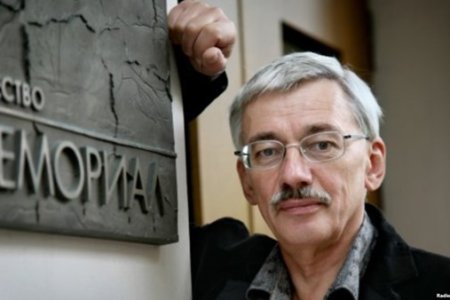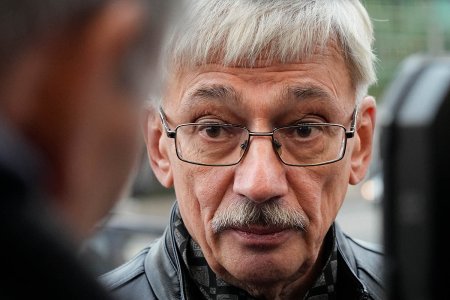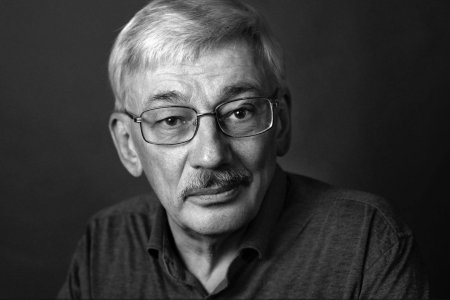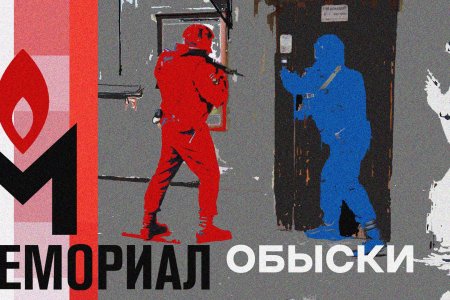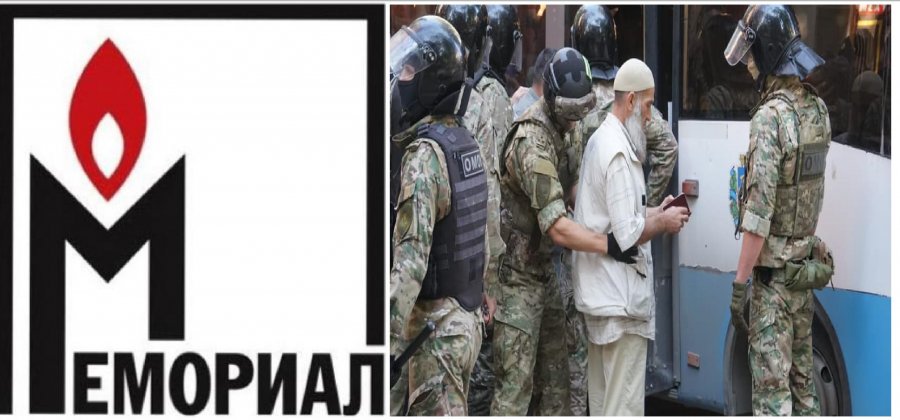
Russia’s prosecutor has succeeded in endangering the vital archives of the renowned International Memorial Society and driving its sister organization out onto the street. The move was rubberstamped by a Moscow court on the same day that Memorial was awarded the Nobel Peace Prize, together with Ukrainian and Belarusian human rights defenders.
Although this most prestigious prize was awarded for the very reasons why International Memorial and the Memorial Human Rights Centre have come under systematic attack by the current Russian regime, the timing of this move may well have been a coincidence. The first attempt was made to destroy Memorial, the oldest and most renowned Russian human rights organization in 2014. At that stage, the regime still occasionally responded to international outrage and the move was withdrawn. However, both Memorial and the Memorial Human Rights Centre [Memorial HRC] came under massive pressure from then on. While the main pretext used was Russia’s notorious law on so-called ‘foreign agents’, it was clear from the outset that both organizations were being targeted for their unwavering position on Russia’s aggression against Ukraine and occupation of Crimea, and the vital role that Memorial HRC, in particular, played in monitoring political and religious persecution in Russia and occupied Crimea.
In November 2021, Russia’s prosecutor moved to have both Memorial and Memorial HRC dissolved. Although in both cases, fictitious violations of the law on ‘foreign agents’ were cited, the Moscow prosecutor’s office tried to justify the ban on Memorial HRC by claiming that the latter’s materials contain “elements of the justification of extremism and terrorism”. There was nothing of the kind, only Memorial HRC’s clear identification and condemnation of Russian political and religious persecution at home and in occupied Crimea.
Despite intervention from the European Court of Human Rights, the Supreme Court and Moscow City Court’s bans on the two organizations were upheld, and both have been formally dissolved.
Memorial had clearly had few illusions regarding the outcome of these cases. Back in November, the board of International Memorial took the decision to hand over its premises, containing the organization’s vital archives, to the Memorial Research and Educational Centre, a separate legal entity. “It was extremely important for us to ensure the stable continuation of our work on immortalizing the memory of the victims of the Terror, including by keeping the building on Karetny Ryad [street] accessible to the public. So that it was possible, for example, for people to find information of personal and public significance about the fate of victims of state terror.”
The building on Karetny Ryad was bought by International Memorial in 2005. The latter points out that, according to Russian legislation, it is entitled to hand its property over to other legal entities. Even the law on non-commercial organizations states that, following the dissolution of an organization, the latter may dispose of its own property as long as this is for the aims for which the organization was originally created.
This was clearly not to the regime’s liking and the Prosecutor General set about demanding that the 2005 contract of sale be declared null and void. Despite the lack of any conceivable grounds for such a ruling, the Tverskoy District Court in Moscow on 7 October allowed the prosecutor’s application. It thus stripped the Memorial Research and Educational Centre of property which it received in full accordance with legislation from International Memorial which legally bought it in 2005, long before the regime launched its relentless attack. The premises are to be confiscated by the state.
The prosecutor had claimed that International Memorial was simply continuing its activities under a different name, although the Memorial Research and Education Centre has existed and actively functioned since 1990. The prosecutor general’s application asserted that the organization had “transformed its actual activities into a demonstration of persistent contempt of the law” which had, allegedly, resulted in the stated publicly useful aims turning into “ceaseless deliberate destructive activities.”
On 7 October, the official website of the Nobel Prize stated that „the 2022 Peace Prize is awarded to human rights advocate Ales Bialiatski from Belarus, the Russian human rights organisation Memorial and the Ukrainian human rights organisation Center for Civil Liberties. The Peace Prize laureates represent civil society in their home countries. They have for many years promoted the right to criticise power and protect the fundamental rights of citizens. They have made an outstanding effort to document war crimes, human right abuses and the abuse of power. Together they demonstrate the significance of civil society for peace and democracy.”
All of the above is in full accordance with the Memorial charter but is everything that the present regime in Russia is willing to go to any lengths to crush.
See also:
And information about the political persecution of historian of the Terror and head of the Karelian branch of Memorial, Yury Dmitriev
